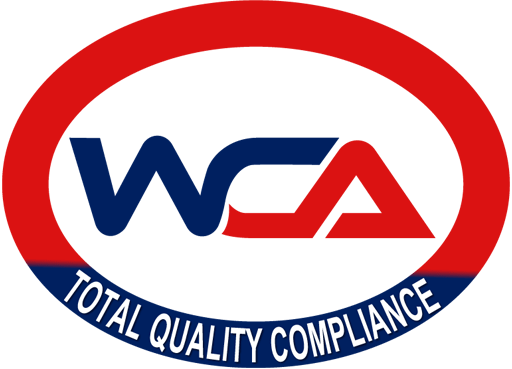
ISO 50001:2018
Energy consumption is a significant cost for many organizations, and ISO 50001 provides a framework to help manage and reduce energy consumption. This standard outlines the requirements for establishing, implementing, maintaining, and continually improving an energy management system (EnMS).
ISO 50001:2018 Certification - Principles
- Energy performance focus
- Leadership commitment
- Energy policy and planning
- Performance measurement and monitoring
ISO 50001:2018 Certification - Benefits
- Energy cost savings
- Enhanced energy efficiency
- Regulatory compliance
- Improved sustainability credentials
- Competitive advantage
CERTIFICATION
Certification is the provision by an independent body of written assurance (A Certificate) that the product, service or system in question meets specific requirements.
Certification is also known as third party conformity assessment.
Many companies and organizations decide to get certified to one of ISO’s management system standards, such as ISO 9001. This is a way of showing outsiders that the organization has an effective quality management system in place.
TESTING
Testing is the determination of one or more of an object or product’s characteristics and is usually performed by a laboratory.
For example, many people have their blood tested which involves analyzing the blood against a number of characteristics such as whether it shows the presence of a disease or genetic disorder.
INSPECTION
Inspection describes the regular checking of a product to make sure it meets specified criteria.
Fire extinguishers, for example, need regular inspections to ensure they are safe for use.
ISO standards help make conformity assessment activities as uniform as possible across industries and across the world, reducing the need for duplication of testing when importing or exporting, thus facilitating global trade.
